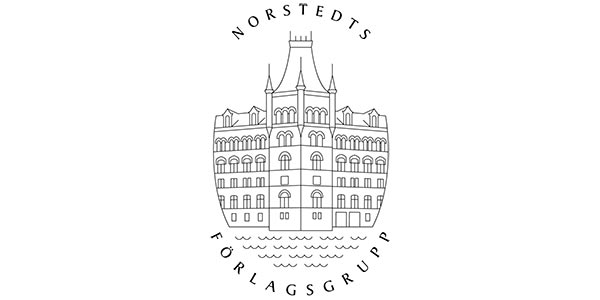
Tageslichtfreude und Buchstabenangst : zu Harry Martinsons dichterischen Wortbildungen als Übersetzungsproblematik

| Författare | |
|---|---|
| Förlag | Umeå Universitet |
| Genre | Språk (inkl. lexikon, parlörer och ordböcker) |
| Format | Häftad |
| Språk | |
| Antal sidor | 174 |
| Vikt | 0 |
| Utgiven | 2009-01-01 |
| SAB | Ff.065 |
| ISBN | 9789172647268 |
Harry Martinsons Wortbildungen haben eine besondere Funktion in seinen Werken. Sie können eine Erfahrung oder ein komplexes Gefühl in einem einzigen Wort zusammenfassen und ausdrücken. Dank ihres komprimierten Inhalts und neuer Form wecken sie die Aufmerksamkeit des Lesers und erfüllen ihren Zweck: ein Verständnis für das, was er vermitteln will.
Die Arbeit befaßt sich mit Neuwörtern in zwei selbstbiographisch geprägten Romanen und deren deutschen Übersetzungen. Mit Hilfe eines Analyse-Modells werden sowohl Übereinstimmungen als auch Abweichungen untersucht. Das Resultat zeigt die Schwierigkeiten auf, mit denen der Übersetzer konfrontiert ist - sowie die Konsequenzen, welche durch Vereinfachungen, Auslassungen oder Umschreibungen entstehen können.
The style of the Swedish writer Harry Martinson is characterised by a large number of conspicuous and creative word-formation units, which have a special function in his writing. One single word might summarise and denominate an experiance or a complex emotion, sometimes using an exact description, sometimes using a metaphor. The content and the novelty of such nonce forms catch the reader´s or listener´s attention, achieving the intended effect: to make the reader understand what Martinson wants to convey.
The present study is an analysis of the neologisms used in two of Martinson's semiautobiographical novels and their German translations. The object of the study is twofold: firstly to show that the great variety of nonce words-formations as well as their semantics provide the special stylistic markers of the texts, and secondly to draw more general conclusions about the effect of target languages regarding the form, content and function of the units in the texts, as well as their effect on the reader, the concept of equivalence is central.
Correspondences and deviations are analysed applying a model specifically designed for the purpose and based in relevant theories. The results illustrate both the various problems a translator must seek to solve and the consequences that simplifications, omissions, and paraphrases might have on the meaning and effect of the text.


























